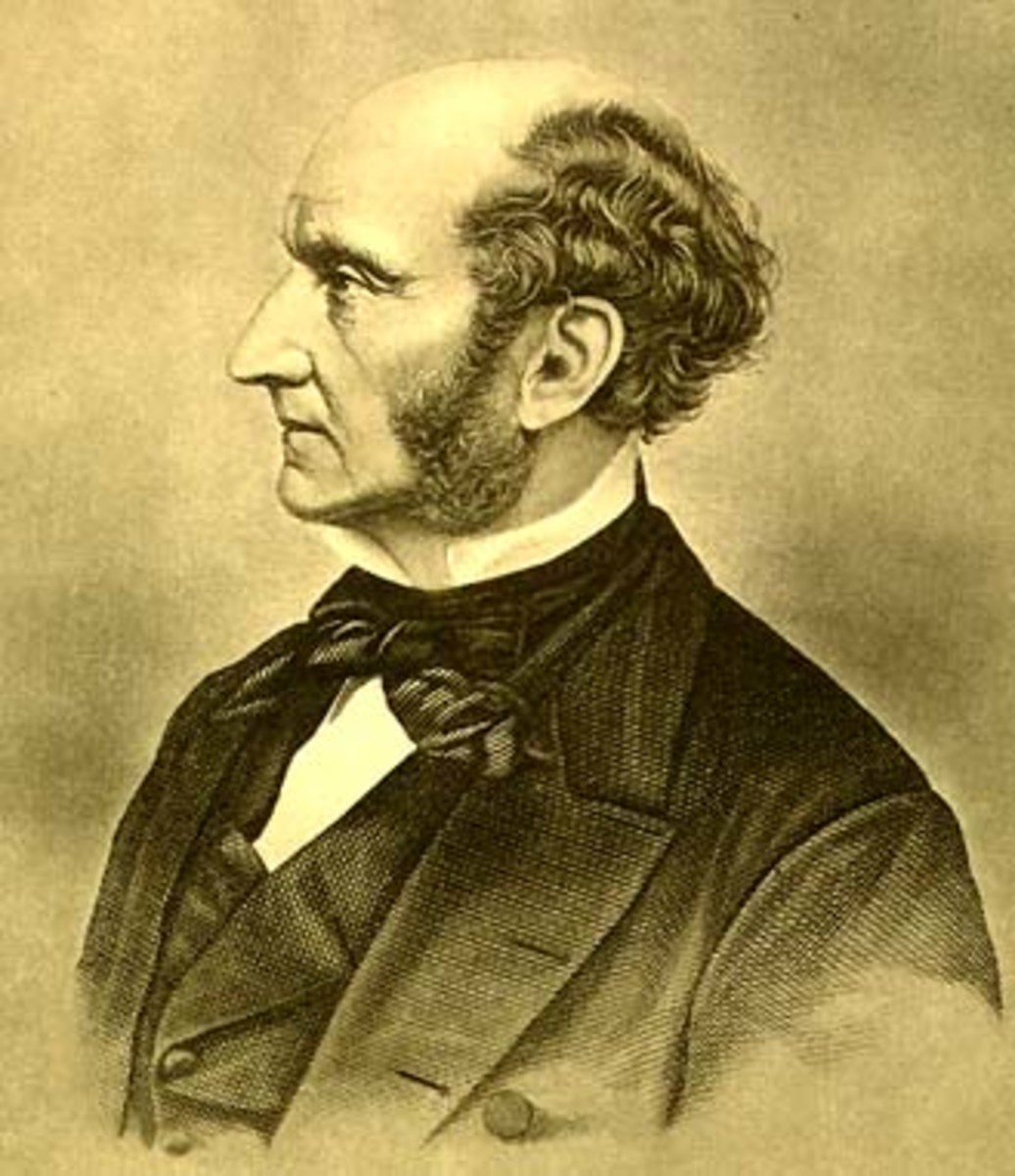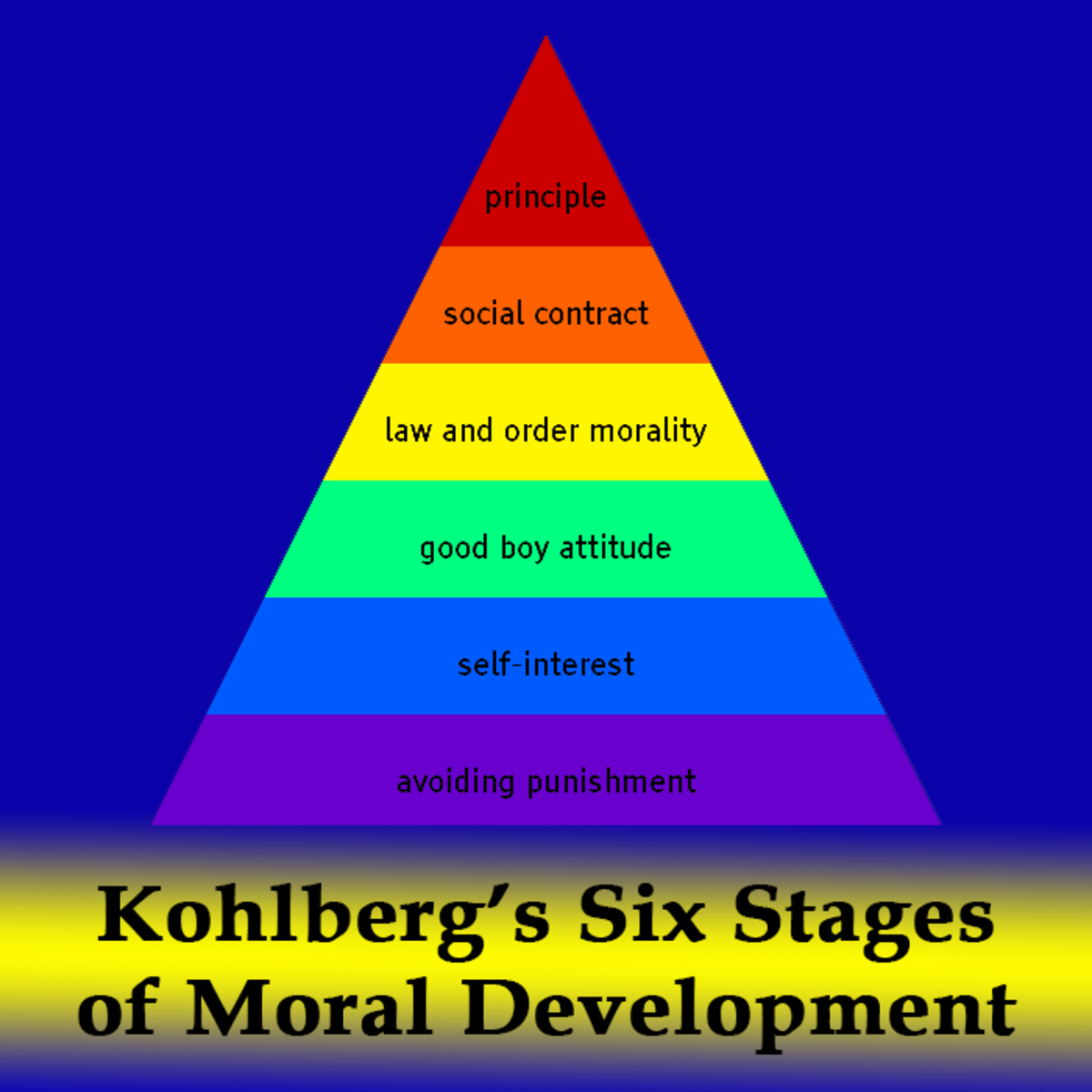[Essay] Should moral action be motivated by a sense of duty? Immanuel Kant's Deontology

Philosopher Immanuel Kant, a deontologist, held the view that morality is to be judged by an agent's incentive behind an action and that it should be an incentive of moral duty and duty alone. For this reason, Kant is considered a moral realist, believing morality is objective and so using his three categorical imperatives to suggest a way of finding the set moral laws. Contrasting this with rule utilitarianism however, John Stewart Mill believed we should have a set of rules not because of its rationality and our duty, but because obeying these rules creates happier results. Utilitarians are concerned with consequences, not duties. I'm going to argue in this essay that although Kant's philosophy, in today's society, is an essential one to live by, his view that what makes an action moral is that it's motivated by a sense of duty is misguided, and there are other, more emotional reasons why someone would act in a moral manner.
Kant insists that duty should be the only incentive behind any action for it to be considered morally good. This is because any other factors, like emotional ones, could be negative. According to Kant, for us to be acting in accordance with the 'good will' we must act according to reason and be free from self interest or desires. The outcome of the action is unimportant but it is the motive that determines the morality behind it, that motive should be one of duty. To illustrate this point, Kant uses the example of two shopkeepers. Both of them keep their prices cheap and fair, meaning the customers leave the store satisfied and happy. The first shopkeeper does this because he believes it is the morally right thing to do, and it is important to treat your customers fairly. He is acting in accordance with his moral duty. The second shopkeeper does it because he knows that keeping a fair price will mean his customers will remain loyal and his shop will remain successful. He also enjoys being kind to his customers because it makes the day pass quicker. Both men are as honest as each other, and to all outward appearances their actions are the same. However, only the first man, according to Kant, is the one acting morally because there is no self interest or ulterior motive involved. If it ever becomes bad for business to be an honest shopkeeper, the second shopkeeper will cease to be honest. The first however, will continue as he knows it to be his duty. This is why, according to Kant, duty must be the motive behind an action. A sense of duty is eternal and doesn't threaten to create instances of self interest. However, this can't always be the case. If it were, this could mean other seemingly moral actions become insignificant. For example, if two people gave money to charity, one because they were kind and sympathetic and the other because it was their duty even though they didn't really want to give their money away, we would surely look at the former with more appreciation of their morality. If someone gives money just because the have to, and hands it over with a sense of contempt, this can't be considered moral at all. But according to Kant, they're the better person. If we were to look at the same situation according to a utilitarian, act or rule, both people would be as moral as the other because they had both had the heart to donate. The issue with utilitarianism however, is that if one of these donators had more money to offer and so did, they would be considered more moral because they're creating more happiness. But the second donator simply can't afford to offer as much money as the first and they still offer as much as they can anyway. In this case, we would usually judge them both by their kindness, their motive, not by the amount of money they've given, making them both equally moral. So as can be seen, both views (deontological and utilitarian) have issues in judging a moral act. Judging only by the consequences of an action fails to appreciate the motive of an individual and so doesn't give any credit where it's due. But even though Kant attempts to solve this issue, the same can still be said for his theory, after all, he insists that only by acting dutifully we can be moral, and this completely fails to appreciate any kind of emotion an agent may portray. This idea of duty is far to rational and cold, it is not the only thing that makes an action moral, we must take emotion into account too. Though this may suggest that utilitarianism is a good alternative, since it aims to promote general happiness, it proves to have far too many inconvenient and perverse problems. Lets explore why.
If we're judging actions by their consequences and the amount of happiness over pain that it causes rather than the well meaning behind an action, we risk all sorts of issues. Say for example, an old man had lots of money and no use for it since he barely left the house. He didn't have any friends or family to care for him, so he wouldn't be missed. That makes it ok then, according to an act utilitarian, to kill the man and give all his money to charity. The money will be put to good use that way, and it will promote the principle of utility, it will promote happiness. And killing the man will bring no negative consequences because he had no family to miss him. But surely killing is absolutely wrong in any circumstance. When looking at this case we can see that having a set of deontological rules is much more appropriate for society than judging things teleologically. If we go by this logic any amount of injustice could occur, people will kill and they will not be condemned for it, but Kant acknowledges that this infringes the rights of the individual who becomes victim to the killing. One of his categorical imperatives states that no one should ever treat another human being as a means to an end, we should always treat others as we wish to be treated ourselves and there is no way around this. Going by Kant's logic, murder will be absolutely minimal in society and ultimately, there'll probably be more happiness in the long run because of this set rule anyway.
A second issue, in the case of rule utilitarianism, is that it allows for moral relativism. While deontology creates a universal moral code, in this form of utilitarianism rules are created according to what makes the society the most happy. So if a slave-owning society was happy as a majority, there'd be no rule against it. This relativism creates issues of moral progress, if societies wish only to create happiness there can be no progression towards a better objective moral value. It also means there is global incoherence and of course injustice. So again in this case, Kantian ethics proves the more just theory of morality. More respect remains for the individual rather than a majority, and what is considered morality remains steady and unwavering, ensuring no allowance of the injustice previously discussed. Even though his theory of duty may overlook some aspects of what makes an action moral, his deontological theory in general and its positive impact of society make up for this.
There are still issues with his theory that need to be addressed though. Kant uses three categorical imperatives to be used to decide whether or not actions are morally right. The first asks whether the action is universalisable, the second asks whether it treats other human beings fairly, and the third asks whether you are thinking about the action as a legitimate law in the society. But despite all this effort, conflicts still occur in duties that cannot be solved by any of the categorical imperatives. For instance, in the scenario of a German citizen living with a Jewish friend and a Nazi soldier knocking on the door and asking if there are any Jews inside, which duty must the citizen act by? His duty to tell the truth, or his duty to ensure the safety of his friends and fellow humans? In rule utilitarianism this conflict wouldn't arise because there is room for flexibility within the theory and it would be now where the citizen would weigh out the consequences and go with whichever option creates the most happiness. So presumably they would lie. The same goes for act utilitarianism. But when trying to adhere to the deontological rules there is a stumble. Kant says that the individual is responsible for any negative consequences of lying, but if they tell the truth then nothing can be legally held against them. So presumably it would be in their best interest to tell the truth. But giving up the location of an innocent man would now be seen as unjust too. Philosopher WD Ross says we have seven prima facie duties which are absolute and unchangeable. But he also says that all other duties that hold less value can be flexible and give way to these other absolute duties. So there is a ranking of duties, and the seven that he lists trump all others. In the case of duties on the same level as each other conflicting, it is up to the individual within the situation to decide which duty should give way. So it could be possible in the case of the Jewish man that the German's duty to save a life trumps his duty to tell the truth, thus ending the conflict. Of course there will be difficulty in deciding which duty to abide by and it won't always be a rational choice. The emotions of the individual will come into play when he makes his quick decision and Kant will argue that this is wrong, anyone who submits to his desires is a slave to them, but other philosophers such as Hume will argue, like me, that it is emotion that gives us empathy, sympathy and compassion towards other humans, which is a necessary part of morality. So emotion will become part of it and the decision won't be one based purely on a rational duty but that's actually a good thing, and only with this emotional side can we ever truly be moral.
By applying the ethics to real life situations it can be seen that the motive of duty is an incredibly important one when understanding the morality of actions and ensuring that the actions of the majority will be moral. But duty isn't the only thing underlying moral actions and you don't have to completely eliminate the motive of self interest; many people are moral because they want to be, because they enjoy giving money to charity or helping a friend in need because it gives them a sense of fulfillment and well-being. And even though they are unaware of any kind of duty they might have, they're still acting morally. The absence of duty doesn't make a person with good intentions any less moral. So in the majority case, what makes an action moral can be that it is motivated by a sense of duty, but there are many many situations when a moral action is not. Providing the action meets Kant's other criteria (the categorical imperatives) and can be recognised as compatible with a deontological moral rule, then an action is moral. Duty doesn't have to be part of the equation.








